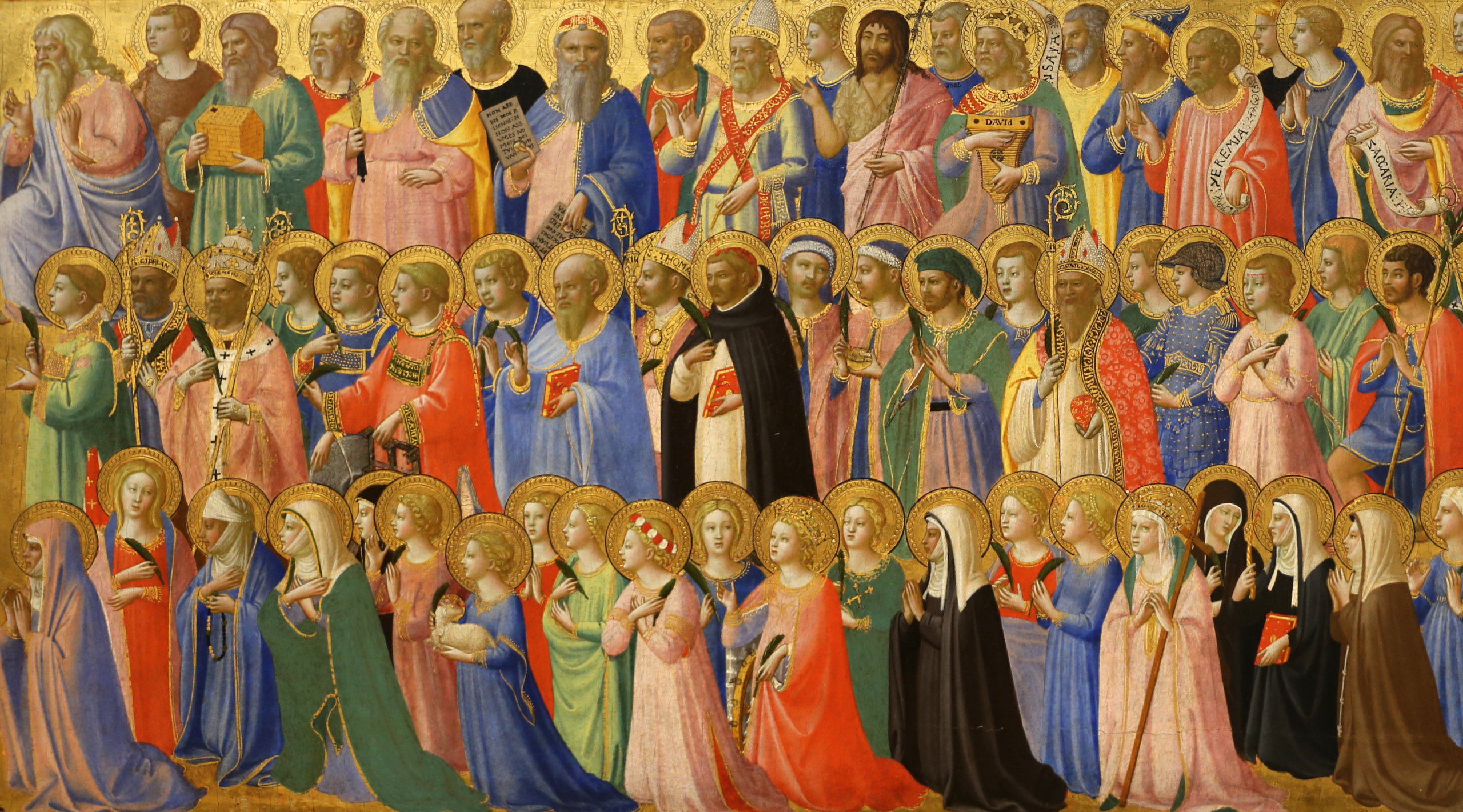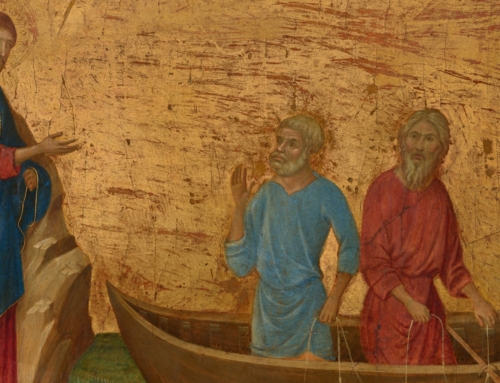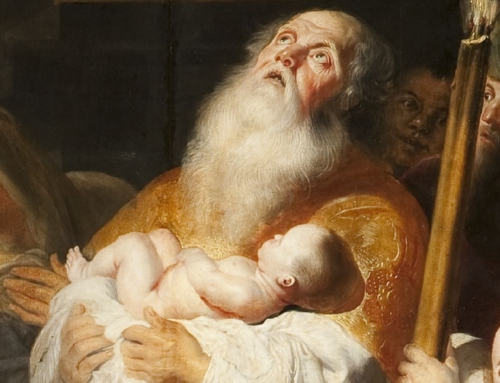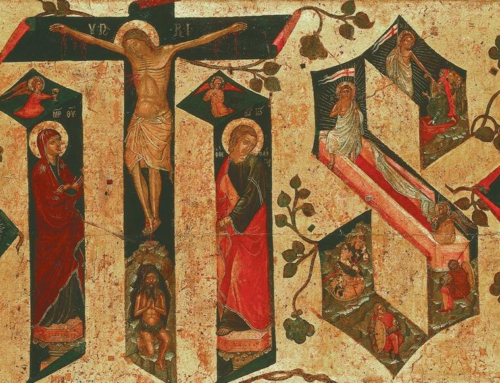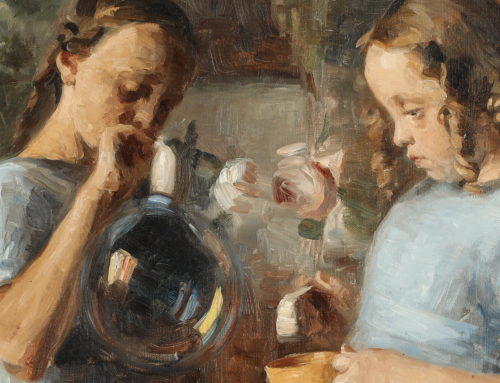“Do not weep, my children, I shall be more useful to you where I am going than I have ever been in this life.” Saint Dominic spoke these words to his grieving brethren as he lay on his deathbed, and they highlight the way in which we tend to understand the relationship the saints in heaven have with us: namely as intercessors. Indeed, to have men and women praying for us throughout this life is a great blessing, but does our relationship with the saints extend beyond this?
In just two days, we’ll be celebrating the Solemnity of All Saints, an occasion which I think may shed some light upon this question. Throughout the liturgical year, we observe the feast days of many individual saints, and sometimes even groups of saints, but only on one day do we remember all those who have fought the good fight and finished the race (2 Tim 4:7–8). Why? What’s the point of having a day set apart for all of them? Well, by celebrating the feast day of an individual saint, our attention is often directed to their life and the virtues which they set forth for our imitation. But when we celebrate a feast day for all the saints, we place before us the entire company of those in heaven, both known and unknown to us. Our attention is turned not merely to a single member of the Body of Christ, but the whole Body that now worships God face to face. In this way, All Saints Day helps us to “zoom out” and see ourselves within the context of the larger Church.
This zoomed-out perspective offers us an insight into our relationship with the saints. Saint Paul writes, “If one member suffers, all suffer together with it; if one member is honored, all rejoice together with it” (1 Cor 12:26). Now our suffering on earth does not cause the saints to suffer in heaven, for where they are “Death will be no more; mourning and crying and pain will be no more, for the first things have passed away” (Rev 21:4). Nevertheless, our suffering is still a cause for their intercession. If we weren’t in need, they would have no reason to ask God to send his graces upon us, and when this world passes away, so too will the need for intercessory prayer pass away. But this does not mean that our relationship with the saints will pass away.
Even when the cause for intercession is no more, the cause for rejoicing will still remain, and here we discover something deeper about our relationship with the saints. The saints do not relate to us only as intercessors to beneficiaries, but also as friends united in the love of Jesus Christ. Whenever my friend receives some good, that good becomes a cause of joy for me as well. For example, when my friend gets married, I’m happy and rejoice over the marriage. Likewise, we find the saints in heaven rejoicing over the good things that we receive here on earth: “there will be more joy in heaven over one sinner who repents than over ninety-nine righteous persons who need no repentance” (Luke 15:7). On the flip side, we also rejoice in the honor which the saints receive in heaven.
While we remain here on earth, we do not yet share in their happiness fully, but the uninterrupted peace which they enjoy for having overcome the temptations of the world is nevertheless a cause of joy for us now. The magnitude of this joy is presented before us on All Saints Day, both as what we hope to possess fully in the future and as what we can share partially even now. Just as the joy I have on account of the good of my friend depends on how much I love that friend, so too is that the case with the saints. To be closer friends with the saints, we must grow in our love for the saints, and then we will be able to share in the joy of the saints even more fully.
✠
Image: Fra Angelico, The Forerunners of Christ with Saints and Martyrs (CC BY 3.0)

